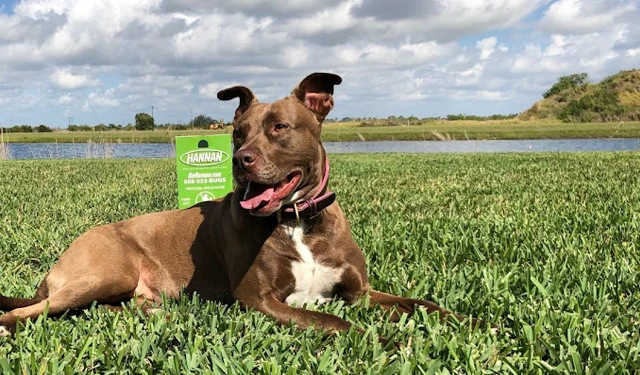Grease Ant Overview & Quick Facts
Keep ants out of your home or business with
effective identification and control strategies.

A Closer Look at Grease Ants
(*Often refers to Thief Ants – Solenopsis molesta)
Though not an official species name, “grease ant” is a common nickname for thief ants, one of the tiniest indoor pests found in the U.S. These ants get their name from their strong attraction to greasy, fatty foods, and their tendency to steal food from other ant colonies.
🕵️♂️ What Makes Grease Ants Unique?
-
Grease ants are extremely small, often confused with pharaoh ants
-
Known for invading kitchens and pantries, especially where greasy or protein-rich foods are stored
-
Called “thief ants” because they build nests near other ant colonies and steal food and larvae
🐜 What Do They Look Like?
-
Size: Tiny — 1.5 to 2.2 mm (about 1/16 inch)
-
Color: Yellow to light brown
-
Body:
-
Small eyes
-
Two-segmented waist
-
Smooth body surface
-
Tiny workers are easily overlooked without magnification
-
🏠 Where Do Grease Ants Nest?
-
Indoors:
-
Inside walls, cabinets, baseboards, or behind appliances
-
Near stove tops, sinks, and food prep areas
-
-
Outdoors:
-
Beneath rocks, logs, or concrete slabs
-
Can enter through tiny foundation cracks or utility lines
-
They prefer hidden, protected spaces, often very close to food and moisture sources.
🍗 What Do Grease Ants Eat?
-
Prefer grease, oils, meat, cheese, peanut butter, and protein-rich items
-
May also eat dead insects, sugary residue, or fatty foods
-
Known to bypass sweet baits in favor of protein-based ones
⚠️ Why Are Grease Ants a Problem?
-
Difficult to detect due to their small size
-
Can contaminate food and surfaces
-
Their nests are hard to locate, and colonies may split when threatened
-
May indicate a bigger hygiene issue or access points in the home
🧠 Fun Fact!
Thief ants get their name from their sneaky habit of nesting close to other ant colonies — so they can steal food and brood (larvae) without being detected!
Frequently Asked Questions
About Ghost Ants
What is a Grease Ant?
“Grease Ant” is a common nickname for the Thief Ant, a tiny ant species best known for its attraction to greasy and protein-rich foods. They’re also called Thief Ants because they often nest near other colonies to steal food and larvae.
What do Grease Ants look like?
-
Size: Very small — about 1.5–2.2 mm (1/16 inch)
-
Color: Yellow to light brown
-
Body features:
-
Tiny eyes
-
Two-segmented waist
-
Smooth, shiny appearance
-
-
Often confused with Pharaoh Ants due to their size
Where do Grease Ants live?
-
Indoors:
-
Behind baseboards
-
Inside wall voids
-
Under countertops or behind stoves and appliances
-
-
Outdoors:
-
Beneath logs, mulch, rocks, or pavement
-
Nest close to other ant colonies to “thieve”
-
What do Grease Ants eat?
-
Proteins: Meats, peanut butter, cheese
-
Fats and oils (bacon grease, cooking residue)
-
Occasionally sweet items, but they strongly prefer proteins
Do Grease Ants bite or sting?
They can sting, but due to their small size, it’s typically not noticeable or harmful to humans
Are Grease Ants harmful?
❌ Not dangerous, but:
-
They can contaminate food
-
They’re very hard to detect due to their tiny size
-
They may indicate a moisture or sanitation issue
How can I tell I have a Grease Ant infestation?
-
You may see tiny ants in kitchens or near greasy residue
-
Their trails are hard to notice due to their size
-
If food seems to be attracting ants but you don’t see the culprits, it may be Grease Ants
How do I get rid of Grease Ants?
-
Clean up grease and food residue immediately
-
Seal cracks and entry points
-
Use protein-based ant baits (sugar baits may not work)
-
Contact a pest control professional for effective baiting and nest elimination
DIY treatments can scatter the colony and make the infestation worse if not done carefully.
Struggling with ants in your home, yard, or business? Hannan Environmental Services offers expert ant control and prevention throughout South Florida. Our trained technicians provide safe, effective, and long-lasting solutions to keep your home pest-free. Contact us today for reliable service you can trust! Feel free to also reach out to Hannan Environmental Services on Facebook!

